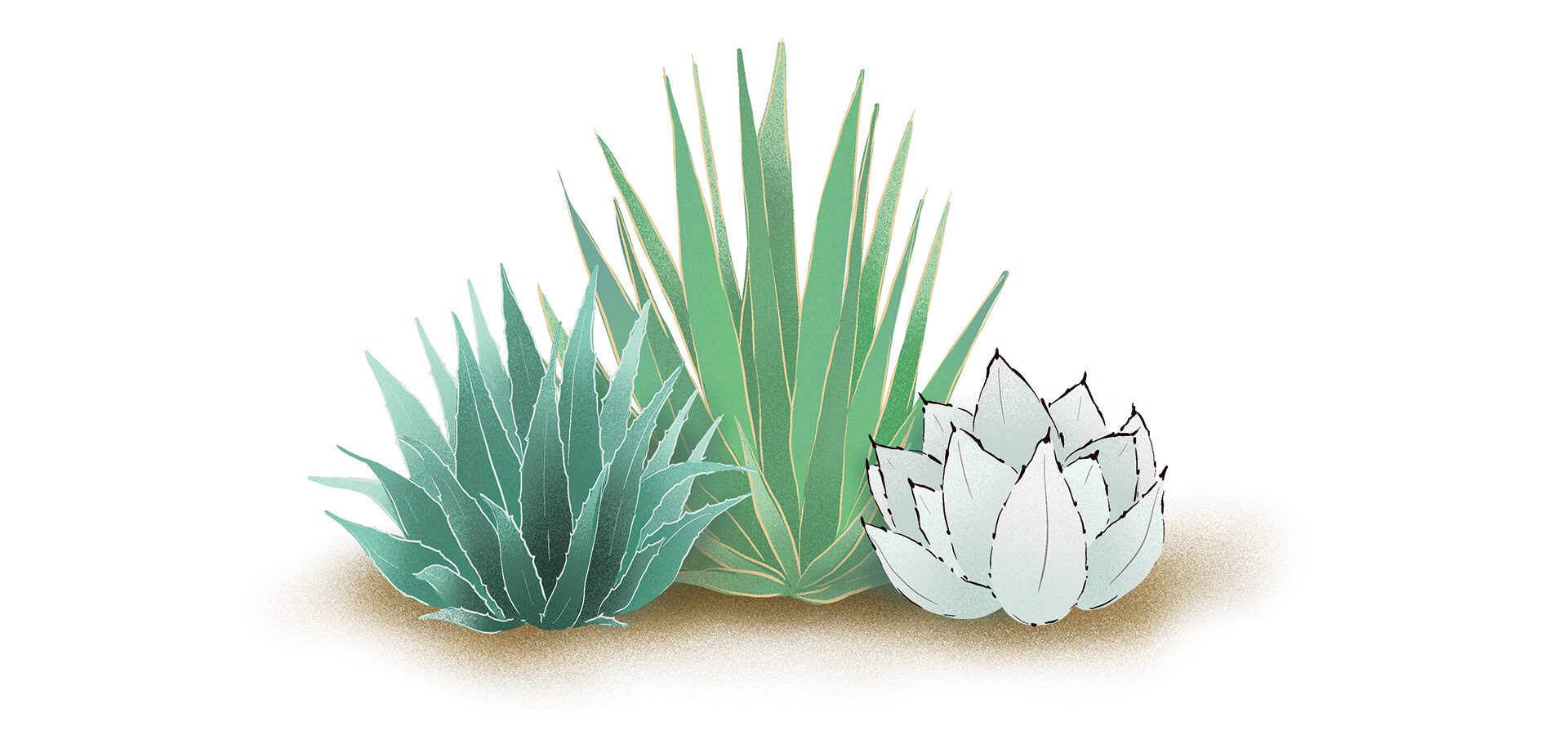
While Some May View Cactus as Off-putting, One Writer Shares How She Learned to Love the Thorny Succulents
Life, love, cactus.
I was never a cactus fan. When I moved from Boston to Los Angeles, my idea of nature’s splendor was still the autumn colors found on a walk through a New England park. But now, after all my years in Southern California, I’ve developed a deep appreciation for cactus—not only because of its riveting shapes and textures, but because it’s become my go-to comparison when discussing life or love.
Take for example a conversation I had years ago with a therapist. He was explaining why my then-current relationship was doomed. He likened it to a cactus plant that thrives in the Palm Spring hills, but only at a certain elevation. Move it too far up or down and it dies. When it came to love, he believed, I was like that cactus species—rooted in the wrong place. His point proved accurate when months later the relationship fell apart, ending my summer of love and delusion.
Fast-forward a few years later to a different cactus analogy. At one of my girls’-night dinners, my friends lightheartedly rated where we each fell on the relationship maintenance spectrum. The question was this: When it comes to romantic entanglements, were we high- or low-maintenance? Or, worse, high-maintenance pretending to be low-maintenance? My reply: I was not as high-maintenance as a hothouse orchid but not as low-maintenance as a cactus.
The cactus has also become a boon to my storytelling. Looking for a metaphor for the word “reliable”? A cactus is a reliable mainstay—one that can be counted on to stick around long after a rose has lost its petals.
If I want to make the point that you don’t have to look alike to be alike, I might mention the prickly pear cactus—tall and scary-looking, yet in the same plant family as some floral succulents suitable for a table centerpiece.
A couple years ago, while visiting a friend, I noticed a cactus-like plant that had a long stalk growing out of it. I had never paid attention to it before. In the following weeks the stalk reached fairy-tale proportions. Turns out this cactus—agave, actually—is known as the century plant, so named because it was once thought to wait 100 years before blooming. In truth, it blooms every few decades. But still, who knows? I thought I might be witnessing its 21st-century debut. I love that this plant can hang around for so long before it dazzles. Talk about playing the long game. Talk about saving the best for last. Talk about aging being a plus, not a diminishment.
There’s no denying that the changing colors of a New England sugar maple is one of nature’s masterpieces. However, the California cactus has slowly but surely found a prominent place in my LA stories—and my heart.
Carol Wolper is a screenwriter and novelist. She is currently writing a memoir about her experiences working in Hollywood.











